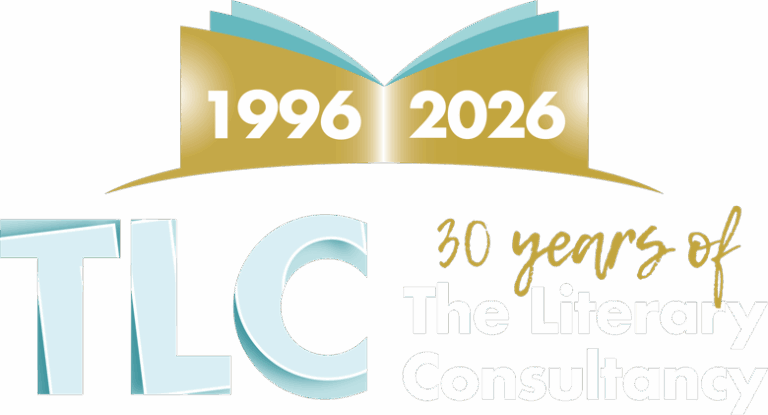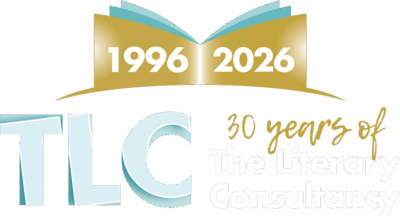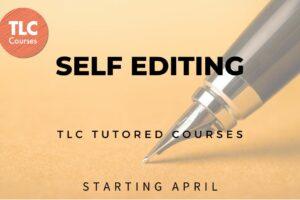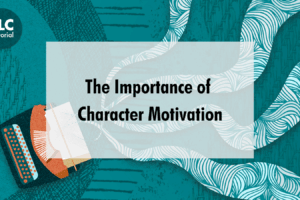In this, the second part of our two-part post about literature sector recruitment, we bring together learnings and insights from the 556 applications we received for the post of part-time Programmes and Marketing Assistant at TLC. We hope that by sharing these top tips for literature job-seekers, we can give those wanting to get a literature job some guidance with future applications.
For the first part, please click here.
Read the job ad
Perhaps the most obvious first tip would be to ensure you have read the job pack properly. In the first instance, for this job we asked candidates not to send us CVs, yet a large proportion of candidates still sent in a full CV. Overall we were enormously impressed with the engagement with our job pack, however there were still instances where it was clear that what was being sent through was a template with no direct relation to the specificities of the job. Job applications take time and energy, and we recognise that it can be challenging to send in customised applications for each opportunity, however where an employer has outlined a clear process (in our case by asking for a 2-page covering letter and responses to two questions), mistakes like submission of CVs, no mention of the job being applied for, the wrong employer name, mis-gendering of staff, and omission of responses to Job Pack questions, are noticeable.
For the love of literature
It might go without saying that those applying for jobs in the literature sector are likely to be book lovers. But this does mean that entry level applications often start with some variation on the theme ‘I have been a voracious reader since I was a child.’ With hundreds of applications for each entry level role, unfortunately these soon begin to blur into one. It also isn’t a strong way to begin an application, if that love of literature doesn’t have much to do with the skills and competencies of the role itself. In this instance, applications that stood out were those from candidates who focussed right from the off on why a role in marketing and programming was the role they were most excited to apply for. A love of literature was implicit, rather than focussed on.
Values vs Skills
We were blown away by the overwhelming number of candidates who really ‘got’ our company values, a huge plus. It might be worth noting that of these, the applications that stood out were those that balanced this with an understanding of what we do. It was surprisingly rare to see an application recognise TLC as a commercial service provider, so any application that showed awareness of the fact we are a business was for us a plus. We were immediately attuned to applications that mentioned our services, and were also aware of our audiences and client base. A marketing post is often one that directly supports sales and growth, and there were few mentions of either of these within the applications we received. For any role you are applying for, it’s worth thinking not just ‘what can I bring to this role?’ but also ‘what might the company need from this role? (what is the impact?)’
A covering letter is not a CV
For this role, we specifically asked for candidates not to send us CVs in a bid to eliminate any bias within the selection process towards candidates who already had substantial professional experience. This felt important to us in order to ensure that this post is offered to someone who might genuinely benefit from an entry level role which will allow them to grow their skills and confidence. It did also mean, however, that we had a lot of covering letters that attempted to replicate a CV, with paragraphs of past experience that didn’t link back to the job in hand. An employer will be looking for reasons you are right for this role, not just for reasons you are a good general employee. Don’t forget to link back to the job pack and job description throughout your covering letter. Use this as the place to show some of your personality, your interests: who you are, not just what you’ve done before.
I want to be an editor…
The most popular entry level roles in publishing and in the literature sector tend to be editorial. This is fine, but if the role advertised is not an editorial role, it won’t be helpful to an employer for you to dedicate entire sections of your covering letter to how much you want to be an editor. There is also a disconnect between understanding that whilst a company might offer editing services, the distinct staff roles facilitate this, rather than offer staff members the chance to develop writing themselves. Editing is a skill that we take seriously, offering training and employing only those at the top of their game. We are in service to editors, and champion their work through our services. We are not ourselves doing this work for our clients.
Job applications are two-way
Most importantly, an employer won’t just be interested in why you are qualified. They will also be looking for how they can contribute to your career progression. Throughout the applications, it was surprisingly rare for candidates to focus on how they intended to use the role to skill up. For entry level roles, employers aren’t (and in our view shouldn’t be) looking for candidates who have already fulfilled every single competency. We are looking for candidates who are curious about learning and committed to developing their skills and their career. The better if that trajectory includes the main skills outlined in the job ad. We were most likely to remember those applications where candidates said to us, ‘I would love the opportunity to learn more about…’, rather than simply ‘I can offer…’
We want to feel, especially for entry level roles, that we can help support you at this critical stage of your career. It’s exciting to see candidates who recognise the gaps in their own knowledge and look to them as opportunities rather than shortcomings. Candidates who seemed to have a clear trajectory were also ones we were most likely to shortlist and discuss. It’s an emboldening mindset and a fantastic asset in an employee. We hope this has been helpful to share, and wish anyone reading the best of luck in their onward job search.









One Response
This is really helpful. Thank you!